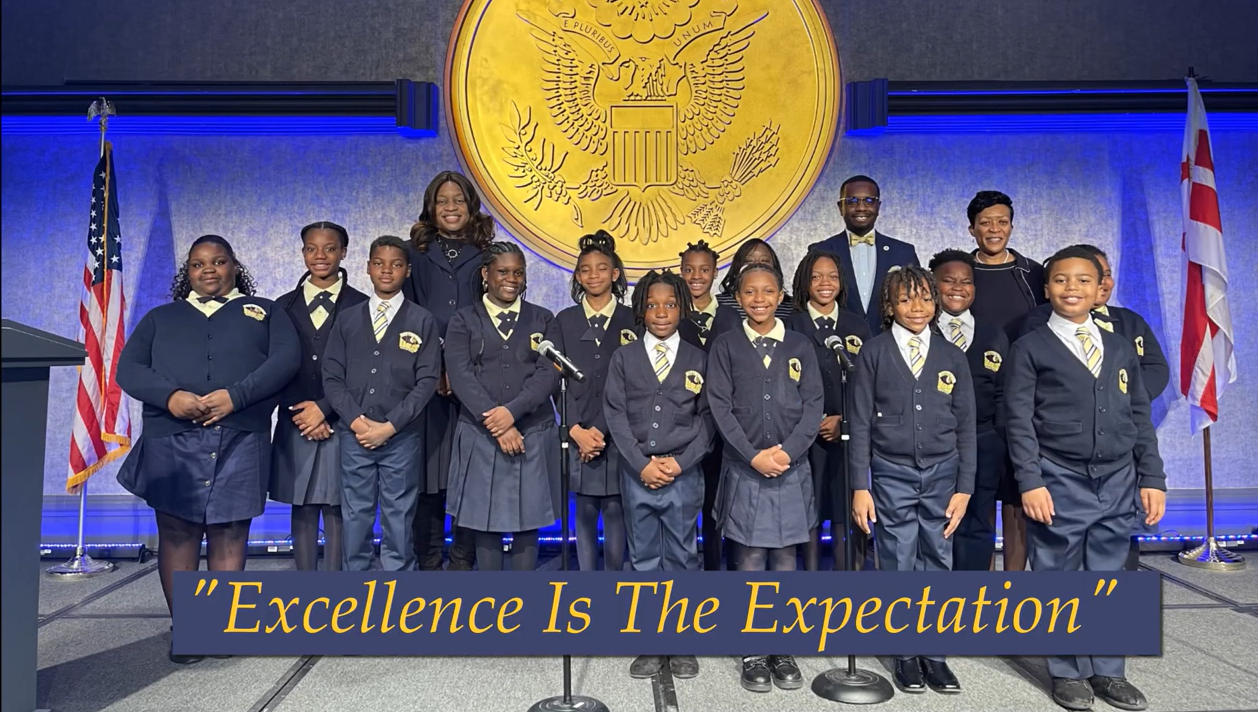COMMON CORE STANDARDS
ASSESSMENTS
Report Cards
Report cards are distributed at the end of each quarter. In each area, teachers will communicate the expectations of each standard on the report card, and will show your child’s progress in each concept. Parents will have opportunities to discuss students’ progress and work at parent-teacher conferences, which are scheduled three times a year, or at any time by contacting their child’s teacher.
Partnership for Assessment of Readiness for College and Careers (PARCC)
Students in the 3rd through 5th grades take an assessment test in the spring knows as the Partnership for Assessment of Readiness for College and Careers (PARCC). The PARCC assessment is computer-based and matches the high expectations of the Common Core standards, requiring students to think critically and solve real-world problems. The PARCC test assesses what children are learning in school and helps teachers and parents know if students are on track for success in college and careers. For more information about the PARCC, including what to expect and how to prepare, please visit the DCPS website here.
Click here for 2018-2019 PARCC scores.
INTERVENTIONS
We have interventions in both reading and math to support students that are struggling academically.
Reading
Reading Recovery teacher for 1st grade students: “Daily 30 minute lessons are individually designed and delivered by specially trained teachers. Drawing from their training, Reading Recovery teachers make moment-to-moment decisions to support the child’s learning. During each lesson, children read many little books. These include two to three familiar books, a rereading of the previous day’s new book and the introduction and reading of a new story. Teachers take a running record of the previous day’s new book to analyse the child’s independence and reading behaviour. Children also compose, write and read their own messages or stories. Magnetic alphabet letters are used for sorting, to assist visual discrimination, and to look closely at how words work. Reading skills, including phonetic skills, are taught in the context of extended reading and writing by Reading Recovery teachers who have completed a year-long inservice education program that focuses on moment-to-moment responses to children’s actions and behaviour. The intervention goal is to bring children up to the level of their peers and to give them the assistance they need to develop independent reading and writing strategies. Once they are reading and writing at a level equivalent to that of their peers, their series of lessons is discontinued.”
Burst Reading® “provides intense targeted instruction focusing on the skills, the pace, and the level that groups of students need . Burst Reading interventions include differentiated lessons that focus on: key strategies, addressing concerns about intensity, using explicit thinking, scaffolding, and gradually releasing responsibility to students.”
Mathematics
Mathematics K-5 has an interventionist assigned to each grade level.
They utilize i-Ready lessons as well as Do the Math Curriculum.
Additionally, we have a retired teacher who pulls small groups of students and
focuses instruction on developing mathematical concepts for struggling students.

